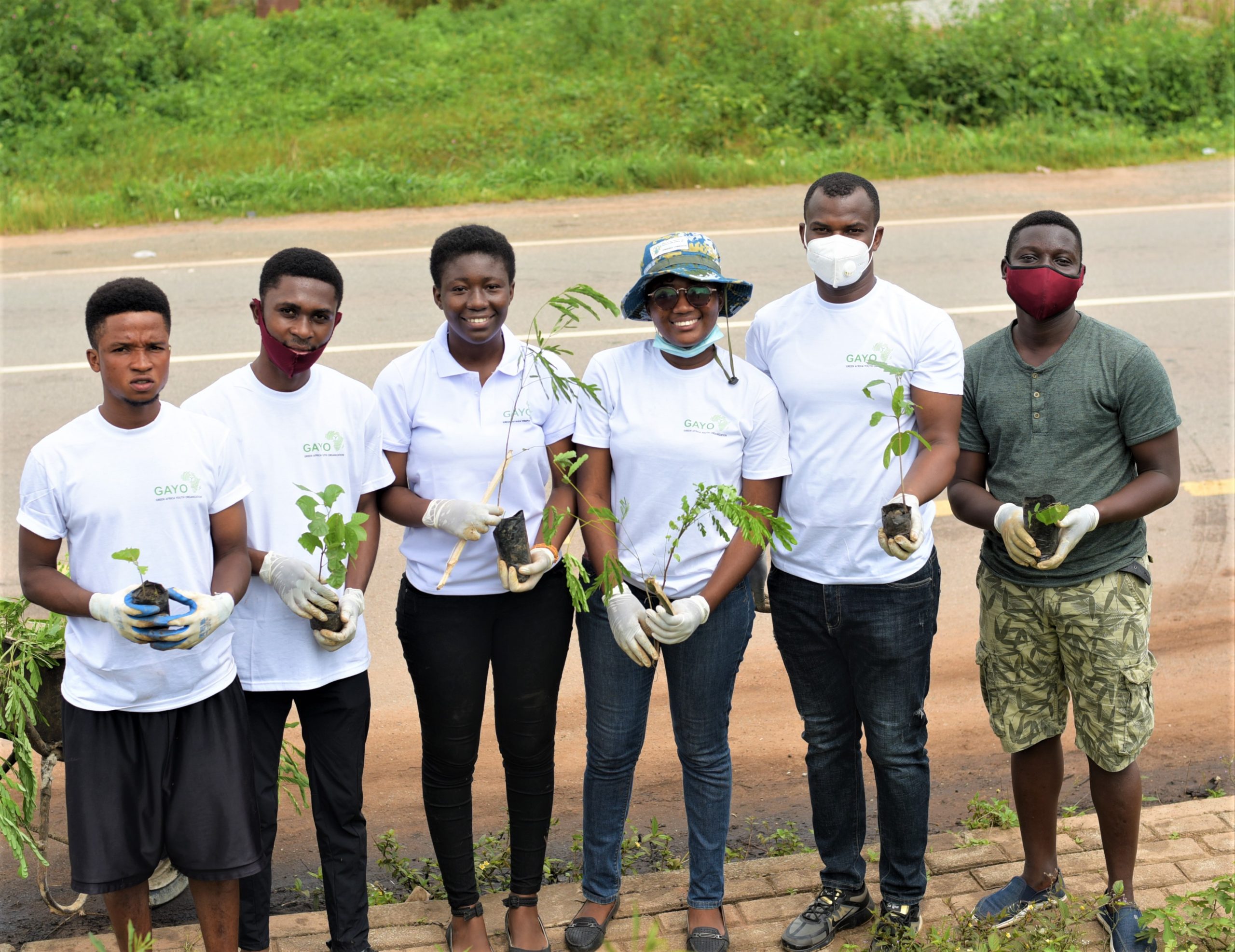By Carissa Marnce, GAIA Africa Communications Officer
In an age where environmental issues such as desertification and a shortage of water and food supply are becoming more pressing, groups like Ghana’s Green Africa Youth Organization (GAYO) are at the forefront to find solutions to these challenges through environmental education.
The youth-led environmental advocacy group, recently launched their GAYO campus eco-clubs initiative, where they seek to educate and empower individuals from universities in Ghana. Moreover through the use of the curriculum, they aim to create public awareness on the need for environmental preservation and protection. Participating universities include the University of Cape Coast (UCC), Kwame Nkrumah University of Science and Technology (KNUST), University of Developmental Studies (UDS) and University of Ghana (LEGON).

During their meeting sessions, the organisation will address topical subjects such as climate change, disaster risk reduction, zero waste and circular economies, whilst trying to cultivate leadership skills to the youth. GAYO also plans to implement the Plastic Free Campuses agenda of #breakfreefromplastic, within universities to support the fight against single-use plastic.
“We envision having one of the biggest climate school clubs, where we will raise young leaders in a philanthropic way, while creating awareness on environmental protection and giving students a valuable experience,” said Betty Osei Bonsu from GAYO.
The organisation aims for their campus eco-clubs to become a credible stakeholder in driving sustainability, in 20 universities within Ghana by 2030.
“Our clubs are projected to run continuously and will be sustained by an appointed advisory board with elected executives to provide guidance and support ongoing activities. Currently our campus project coordinators include, Francis Asare, Benita Bonsu, Nana Minta and Sandra Issaka,” said Betty.
Due to the coronavirus pandemic, all activities are currently being conducted virtually, but club members will meet and engage within communities as soon as university activities resume.
Ends.




























